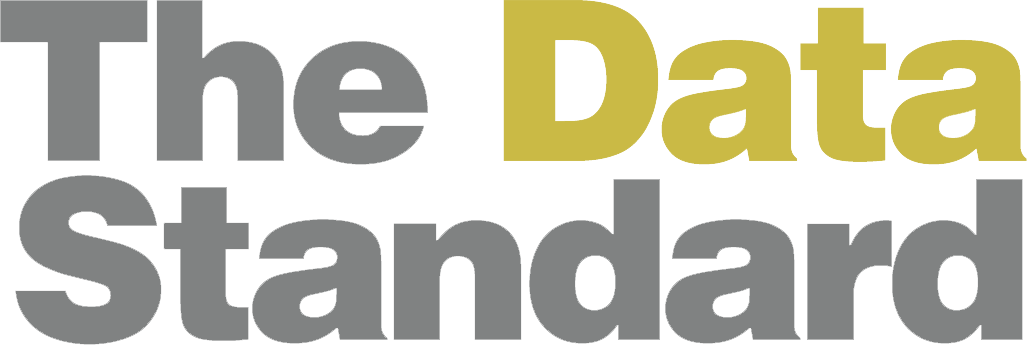COVID-19 Detection and Analysis? with Nisha Mulakken at Lawrence Livermore
The Data Standard
Episode Summary
Meet The Host
Catherine Tao
Data scientist at The Data Standard
Catherine Tao is a tech enthusiast looking for new methods for building connections with businesses around the world. Her extensive knowledge of data science allowed her to develop new solutions and implement them into existing ecosystems. She is currently working as a Data scientist and Exclusive Podcast Producer at The Data Standard.
Meet The Guest
Nisha Mulakken
Bioinformatics Software Engineer, Co-Director of Data Science Summer Institute at Lawrence Livermore National Laboratory
As a biostatistician, Nisha works at the intersection of computer science, statistics and biology. When COVID-19 emerged as a global public health threat last year, Mulakken was among many at the Lab who quickly pivoted their research. Using the power of the aptly named Corona supercomputing cluster, she was instrumental in updating the Lab’s microbial detection technologies to detect SARS-CoV-2 and in the analysis of SARS-CoV-2 mutations for future discovery of therapeutic compounds. Mulakken is not just passionate about her research – she also cares about bringing up the next generation of scientists, especially women. Since 2017, she has been a mentor in the Data Science Summer Institute (DSSI), a summer internship program that allows students to apply their ideas, passion and skills to real Laboratory projects of national importance. In 2020, despite a fully remote program, she was able to mentor Duke University graduate student Emilia Grzesiak on a project that used machine learning to trace CRISPR technology vectors to their source lab. This year, she became DSSI’s co-director. Alongside co-director Goran Konjevod, she will be in charge of empowering and mentoring a diverse group of undergraduates and graduates from across the country. The DSSI provides students with opportunities to work on real world data

